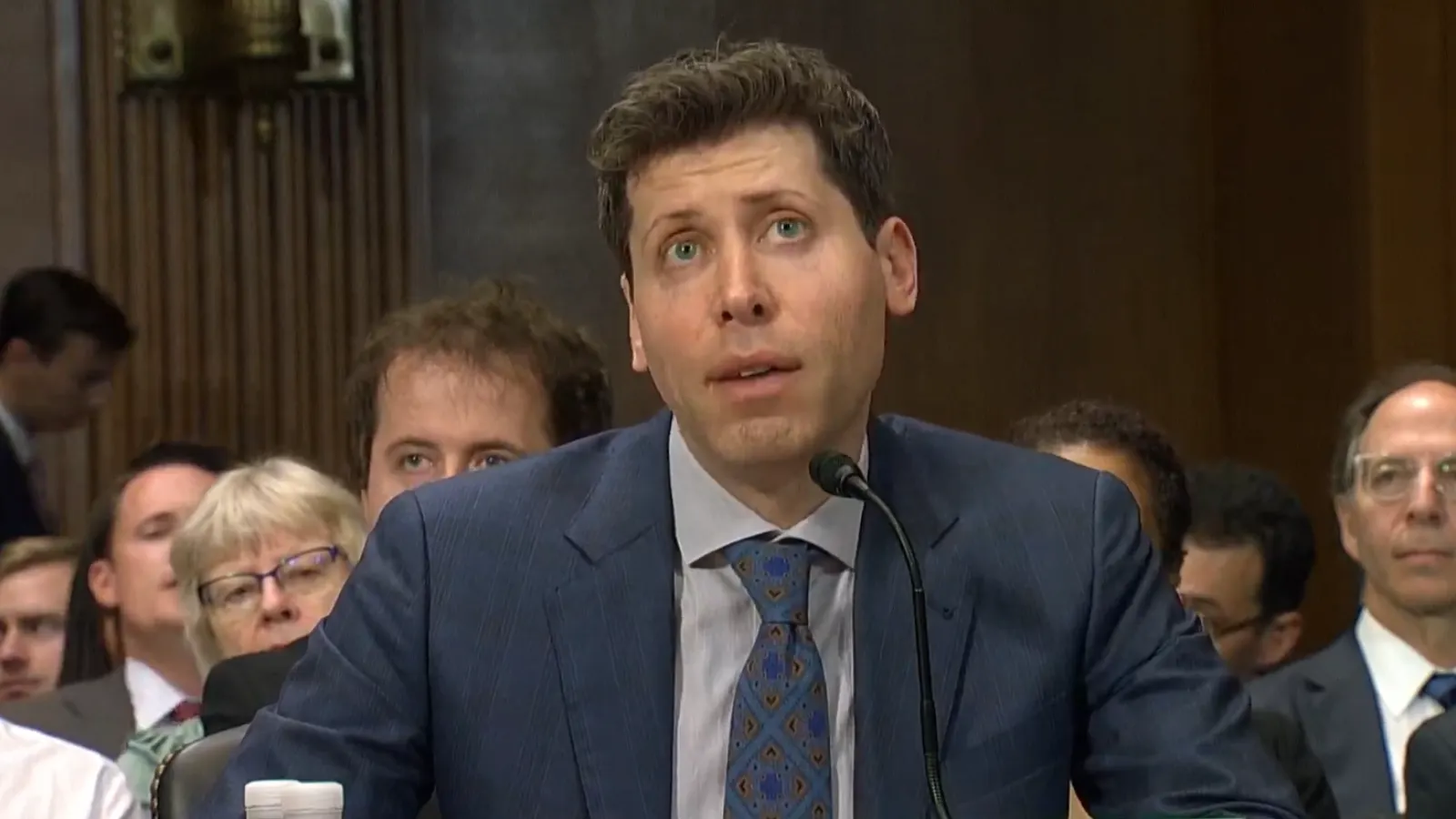Leading artificial intelligence firm OpenAI has put the next major version of its AI chatbot on the roadmap.
OpenAI CEO Sam Altman told the Financial Times yesterday that GPT-5 is in the early stages of development, even as the latest public version GPT-4 is rampaging through the AI marketplace.
“Until we go train that model, it’s like a fun guessing game for us—we’re trying to get better at it, because I think it’s important from a safety perspective to predict the capabilities,” Atlman told FT. “But I can’t tell you, ‘Here’s exactly what it’s going to do that GPT-4 didn’t.’”
While Altman did not share technical details, OpenAI seems to be in the preparatory phase of GPT-5 development. Altman implied that his company has not started training the model, so this early phase could involve establishing the training methodology, organizing annotators, and, most crucially, curating the dataset.
Even if OpenAI has not started actively training GPT-5, it is likely assembling the key ingredient it needs: data. OpenAI recently deployed a new web crawler, GPTBot, to expand its corpus by collecting publicly available information online.
Given the capabilities unlocked by each successive GPT version, expectations will be high for the next iteration.
This confirmation comes after Altman recently said OpenAI would hold off on releasing GPT-5, responding to requests from notable figures in the AI space like Elon Musk, Stability AI CEO Emad Mostaque, Ripple co-founder Chris Larsen, and other investors to halt development of models more advanced than GPT-4 over concerns about societal impact.
“We are not [developing GPT-5] and won’t for some time,” said Altman. “So, in that sense, it was sort of silly,” Altman said during an MIT event. He added that the letter was “missing most technical nuances about where we need the pause.”
In the end, many suspected the letter was more about stopping others from developing AI to maintain competitiveness. A couple of months later, Elon Musk developed his own LLM, and Google is developing a multimodal LLM named Gemini.
OpenAI did not respond to Decrypt’s request for comment.
As Decrypt previously reported, OpenAI appears to be forging ahead with planning for GPT-5 and trademarked the term back in August. Since then, ChatGPT (with GPT-4) became more powerful, analyzing images, working with code, handling a larger context window, and supporting integration with Dall-e 3 to create images and Bing to browse the web.
GPT-4 already represents the most powerful large language model available to the public today. It demonstrates a remarkable ability to generate human-like text and converse naturally. The model can explain complex concepts, answer follow-up questions, and even admit mistakes.
If GPT-5 pushes the boundaries even further, it could have massive implications across industries from healthcare to education and finance. However, concerns remain around bias, misinformation, and malicious use, underscoring the need for rigorous testing.
For now, details on GPT-5's launch timeline and capabilities remain unknown. Considering the company’s recent ethical switch from being "audacious," "thoughtful," and "unpretentious," to focusing on developing AGI and scale AI use, we may be witnessing a transformation from a playful explorer to a behemoth responsible for more broadly shaping AI's future.
Edited by Ryan Ozawa.

